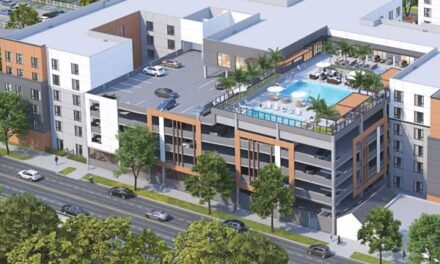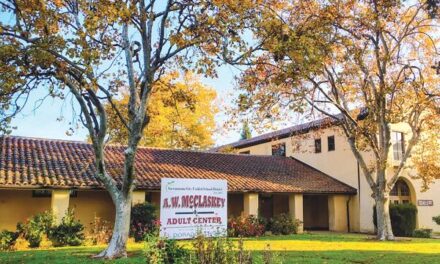Zero-Sum Zoning
City should focus on service, not density
By Chris Jones
September 2021
What is the role of city planners? Should they decide what’s best for citizens and draft Byzantine building codes and zoning regulations to enforce politically inspired mandates? Or should they learn the preferences of residents and make those preferences work?
It appears top-down influence is the order at Sacramento City Hall when it comes to upzoning, where multiple units are encouraged over single-family homes.

Market research commissioned by real estate website redfin.com says the overwhelming majority of homebuyers prefer a single-family home to a unit in a multi-family building. This preference holds even if it means a shorter commute.
A third of home seekers exclusively search for single-family homes when they look online. Families are leaving dense urban cores in search of single-family homes. Can cities such as Minneapolis, Seattle, Portland and now Sacramento use the cudgel of new upzoning laws to force citizens to prefer denser living?
By ignoring the desires and preferences of residents, we risk an exodus of families who want single-family homes.
How could Sacramento get it so wrong? Let’s start with the so-called “scientific survey” conducted by the city in August 2020. Five hundred and four residents responded to questions designed to elicit answers city leaders wanted and needed to support their plans to change zoning regulations in favor of multi-units and more density.
An example of a loaded question: “Single-family zoning has contributed to neighborhood racial segregation in cities throughout the U.S. by keeping out those who cannot afford a single-family house. Changing Sacramento’s zoning to allow duplexes, triplexes, and fourplexes in all residential neighborhoods could help integrate neighborhoods and provide more affordable options for people of all backgrounds and ages. Would you support or oppose this change?”
With questions written like that, is it any wonder respondents put aside personal preferences to go along with the city’s objective?
Making matters worse is the fact that the city’s underlying assumptions are mistaken. There is no real evidence that increasing density does anything to make houses more affordable or more racially integrated. Multiple studies show the opposite happens.
In 2013 and 2015, Chicago upzoned a large set of parcels. Yonah Freemark, who has a Ph.D. in urban studies from MIT, studied the results in an academic paper called “Upzoning Chicago: Impacts of a Zoning Reform on Property Values and Housing Construction.” He found that over five years, the price of existing housing went up and there were no positive impacts on the housing supply.
Given the likelihood that upzoning in Sacramento won’t produce more housing, the housing that does get built is unlikely to be affordable. Per Redfin, the median price for a home in East Sacramento is $799,000. In the category of new construction in East Sac, the average price tops $1.1 million.
A quick trip to bankrate.com tells us with a 20-percent down payment of $159,800, a prospective homeowner can look forward to monthly payments of almost $3,342—or 64 percent of the median household income for Sacramento. And there’s taxes and insurance.
This completely undermines the refrain by Mayor Darrell Steinberg that people should be able to “not only play in Land Park but to live in Land Park.”
A better path forward for Sacramento is to pursue equity by making sure all neighborhoods have access to high-quality amenities. A drive toward inclusivity and equity that ignores underserved neighborhoods and fails to improve services is a false inclusivity.
Maybe local politicians and planners should focus on services and think about what Sacramentans really want before they force their views on us and hope we like it.
Chris Jones is a Colonial Heights resident who participates in several community organizations, including the Colonial Heights Neighborhood Association and Hope for Sacramento, a homelessness advocacy group. He holds a degree in information technology and an MBA, and works as a project manager in health care IT. Comments can be emailed to editor@insidepublications.com.















